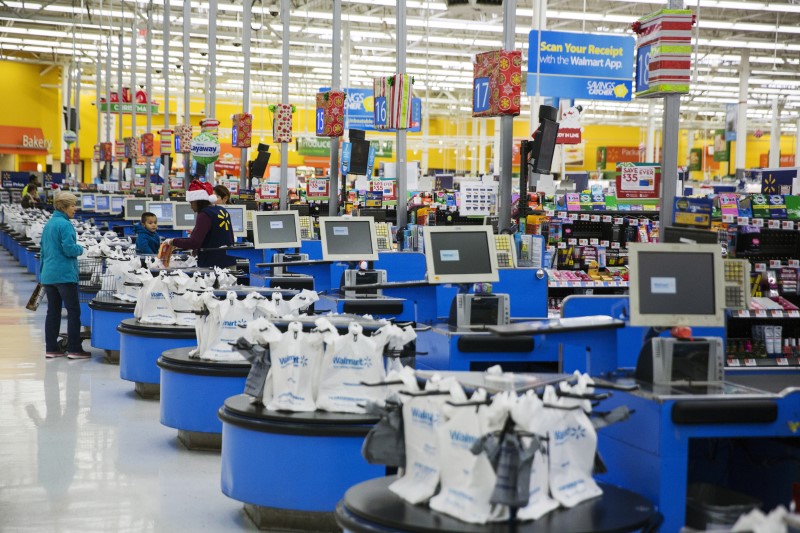On Wednesday, TD Cowen released a report analyzing the impact of the evolving e-commerce sector on parcel delivery companies FedEx (NYSE:FDX) and United Parcel Service (NYSE:NYSE:UPS). The analysis highlighted a significant recovery in e-commerce volumes over the last two to three quarters of 2024, driven by international players like Temu and SHEIN, as well as large retailers.
Despite the positive trend in e-commerce volume growth, the report cautioned that earnings growth from these volumes alone is challenging due to margin pressures from a competitive market, retail insourcing, and Amazon (NASDAQ:AMZN)'s expansion into logistics.
TD Cowen concluded that FedEx is better positioned to enhance profitability through cost savings, especially with its Network (LON:NETW) 2.0 plan aimed at reducing network overlap, expected to continue through 2027. The report suggests that FedEx's ability to manage e-commerce volumes effectively will be evident if its long-term quarterly results show margin growth despite constrained yield growth. In contrast, UPS, with its already integrated network, is expected to rely on automation for margin expansion, presenting a more significant challenge.
The report also examined the new e-commerce cycle, noting that while e-commerce penetration trends are robust, as seen in case studies of Walmart (NYSE:NYSE:WMT), Target (NYSE:NYSE:TGT), and other large retailers, there are notable headwinds. The contribution to growth from companies like Temu and SHEIN is expected to moderate due to policy changes around the de minimis rule by the third quarter of 2025. Large retailers are increasingly moving towards in-store pickup or insourcing delivery to enhance customer experience and benefit from internal logistics.
Furthermore, yield management is a concern, with Amazon's continued investment in fulfillment capabilities increasing competition in package delivery.
The potential privatization of the United States Postal Service (USPS) also adds to the uncertainty, as it could lead to ground pricing changes and impact UPS's SurePost product, which relies on USPS for final mile delivery. However, the report indicates that a shift in USPS's strategy towards profitability could ultimately benefit parcel pricing across the industry.
This article was generated with the support of AI and reviewed by an editor. For more information see our T&C.
